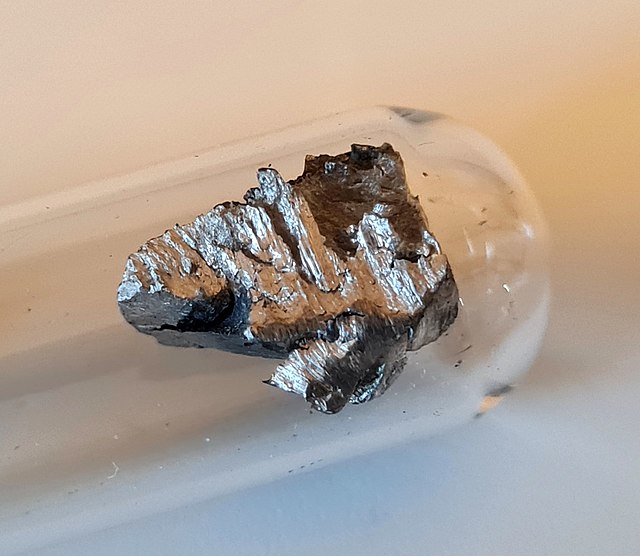Scientists developing climate-friendly method for domestic production of rare-earth metals
March 3, 2022
According to the U.S. Geological Survey, nearly all of the critical rare-earth metals are imported by the United States. Recent years have seen a push to produce these metals domestically, with President Joe Biden signing an executive order in February 2021 that authorized the Department of Defense to investigate U.S. reliance on foreign imports and a lack of domestic processing of critical minerals, such as neodymium. According to technology.org, rare-earth metals have the potential to be used in renewable energy technologies. Neodymium is already used in smartphones and computer screens, but can also be used in wind turbines and electric cars. Additionally, neodymium is expensive. It is priced at more than $60,000 per metric ton, as of February 23.
Rohan Akolkar, the Milton and Tamar Maltz Professor of Energy Innovation at Case Western Reserve University, is working on a high-energy electrochemical process to convert minerals where these rare-earth metals are found in small quantities into highly sought-after metals for clean energy applications. He is working in collaboration with the U.S. Department of Energy and the Critical Minerals Institute. “Because neodymium is important in clean-energy applications, electronic devices and electric cars, it is in great demand,” said Akolkar. “We believe that our unique approach to converting domestic neodymium ores into metal will be cheaper, cleaner, and far more sustainable than any existing technique.”
Akolkar and his team plan to use high-temperature molten salts as the medium through which neodymium metal will be manufactured, a process known as electrowinning, which produces a metal by electrochemically reducing its oxide. His proposed process would eliminate carbon dioxide and perfluorocarbon emissions during electrowinning, making the process cleaner and more sustainable.







